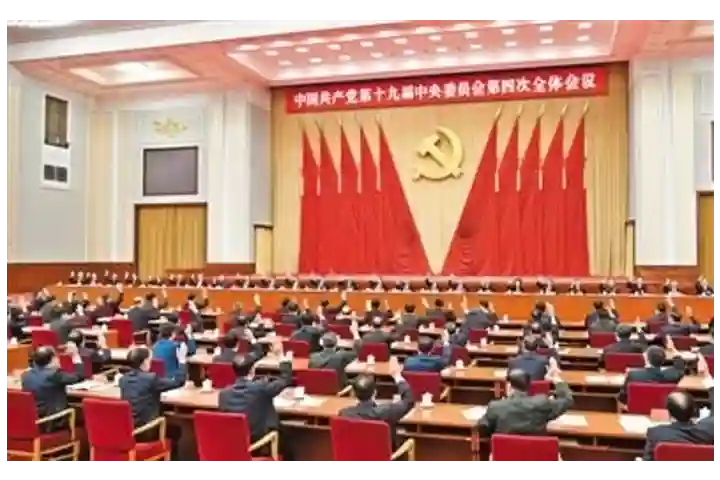Chinese President Xi Jinping’s clarion call for ‘Common Prosperity’ could deal a big blow to the country’s growth plans, especially at a time when its economy is going through a fragile phase with slowdown in manufacturing and exports amid rising debts and uncertainty in the real estate sector owing to the Evergrande crisis. This tenet, though not entirely new to China and many other places in the world, could turn the clock backward for Beijing if undertaken in an abrupt and unplanned manner.
The ‘Common Prosperity’ aims to cool down any overheating of the economy and this, an analyst said, could even appeal to a large section of the citizens. However, uncertainty has also risen in the last few months as the Chinese authorities clamped down on the private sector that played a key role in pushing economic development and employment generation.
Also read: China's manufacturing output drops in September -power shortages maybe taking its toll
The country’s private sector accounted for about 80 per cent of the urban jobs.
In fact, China’s official manufacturing purchasing managers’ index (PMI) dropped to a 19 month low of 49.6 in September from 50.1 in August leading to worries that economic recovery for the Asian giant could take longer than expected. In July, China's official PMI stood at 50.4. The PMI is an indicator, reflecting the trends of economic trends in the manufacturing and service sectors.
A reading below 50 is taken as a contraction. Analysts told India Narrative that though the drop in the official PMI index is due to the rise in raw material cost and an acute shortage of power supply, business sentiments too have been "badly dented" by the government policies.
Xi earlier underlined the need to follow the path of ‘common prosperity’ to “narrow a yawning wealth gap that threatens the country's economic ascent and the legitimacy of Communist Party rule.”
“Common prosperity as an idea is not new in China, but a sharp escalation in official rhetoric and a crackdown on excesses in industries including technology and private tuition has rattled investors in the world's second-largest economy,” Reuters in a report said.
Also read: Desperate China now bans sharing of bad news which can keep foreign investors away
China has been the darling of all investors till the outbreak of the Coronavirus pandemic. However, sentiments have been dented since the controversy around Alibaba and its promoter Jack Ma, once the poster boy, hit late last year.
“While the authorities have been careful to emphasize that the campaign is focused on the richest and most prominent entrepreneurs, particularly those who do not seem to be contributing much social value, it is also open-ended enough to target just about anyone. By cracking down on the extremely rich, the government risks discouraging the merely rich from trying to create value,” economist and former Reserve Bank of India governor Raghuram Rajan wrote in a report published by Project Syndicate. He also pointed out that once trust in markets or the government is lost, it is not easily restored.




















